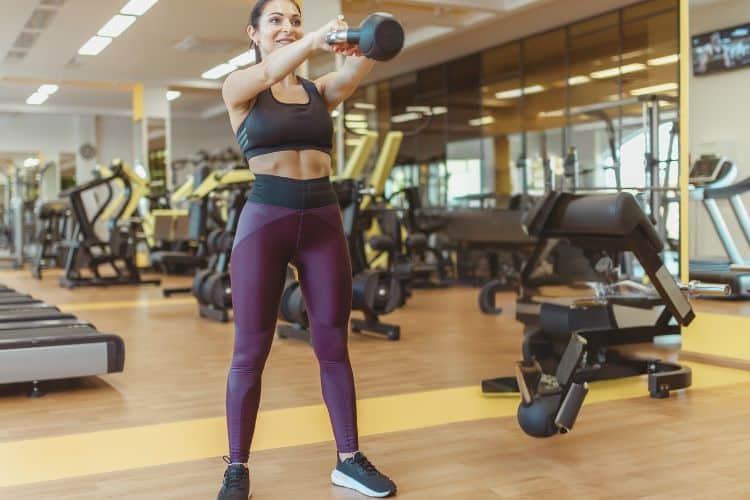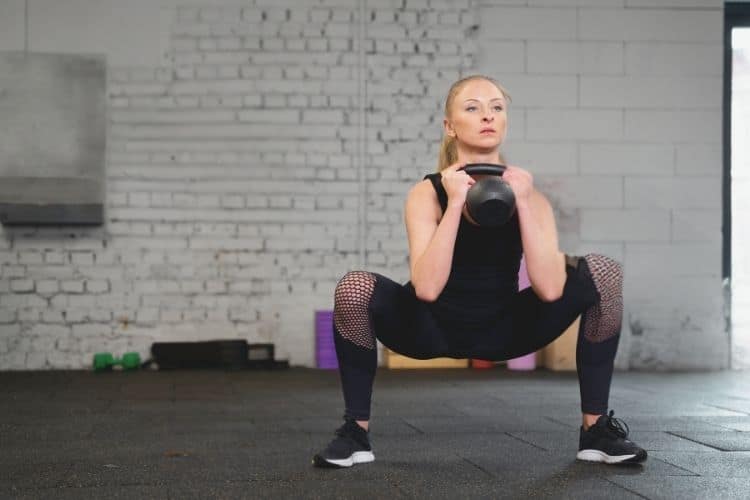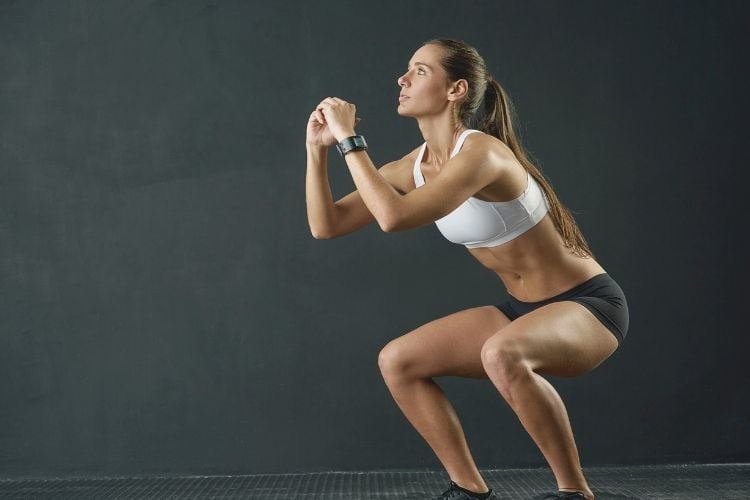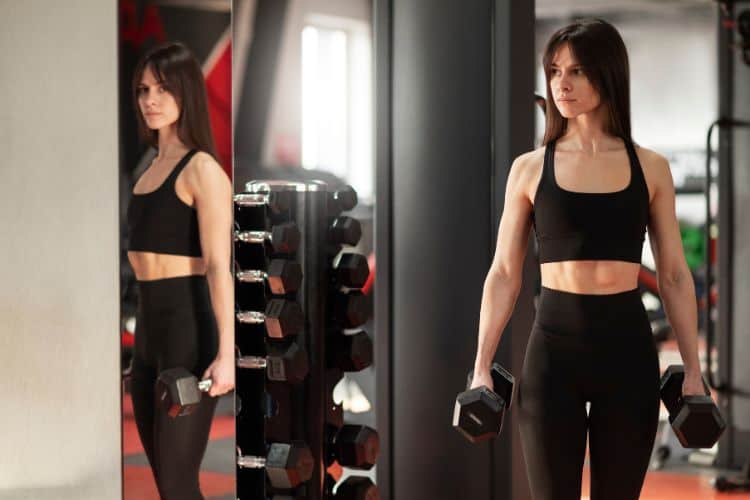Sign up for workout ideas, training advice, reviews of the latest gear and more.






Achieving a healthy lifestyle through fitness can be both empowering and transformative. Whether you are just starting your fitness journey or are a seasoned athlete, there is something uniquely fulfilling about pushing your physical limits and reaching new heights. For women, fitness is not just about physical health but also mental strength, confidence, and overall well-being. This blog post will provide inspiration and guidance tailored to women of all fitness levels, highlighting why fitness is crucial, ways to get started, and how to stay motivated.
Engaging in regular physical activity helps improve cardiovascular health, strengthen bones, and enhance flexibility. Women, in particular, benefit from weight-bearing exercises that help prevent osteoporosis, a condition that disproportionately affects females. Moreover, maintaining a healthy weight reduces the risk of chronic conditions such as diabetes, heart disease, and certain types of cancer.
Fitness isn’t just about aesthetics; it’s a powerful tool for mental health. Exercise releases endorphins—the body’s natural “feel-good” chemicals—which can alleviate stress, anxiety, and depression. For women juggling careers, families, and personal goals, taking time to work out can be a form of self-care, fostering emotional resilience and mental clarity.
Achieving fitness goals, no matter how small, builds self-confidence and a sense of accomplishment. Whether it’s running your first 5K, mastering a challenging yoga pose, or simply sticking to a workout routine, every milestone is a testament to your strength and determination.
If you’re new to fitness, begin with achievable goals. For example, commit to a 20-minute walk three times a week or try a beginner-friendly workout video at home. Setting manageable goals helps build consistency and prevents burnout.
Exercise doesn’t have to feel like a chore. Whether it’s dancing, swimming, hiking, or joining a local kickboxing class, find activities that excite you. Enjoyment is key to sustaining a fitness routine over the long term.
Proper form is critical, especially for beginners. Poor technique can lead to injuries that hinder progress. Consider taking a few sessions with a personal trainer or watching instructional videos to ensure you’re performing exercises correctly.
Rest is just as important as exercise. Your muscles need time to recover and grow stronger. Incorporating rest days into your routine helps prevent overtraining and reduces the risk of injury.
If you’ve been exercising regularly but feel stuck in a rut, it’s time to diversify. Incorporate a mix of cardio, strength training, and flexibility exercises. For example, you could combine running with weightlifting and Pilates for a well-rounded routine.
Challenging yourself keeps fitness exciting. Sign up for a race, aim to lift heavier weights, or try advanced yoga classes. Setting new goals provides a sense of purpose and motivation.
As you progress, consider investing in quality fitness gear, such as resistance bands, dumbbells, or a sturdy yoga mat. Having the right equipment can enhance your workouts and make them more effective.
Keeping a fitness journal or using a fitness app can help you track your workouts, monitor improvements, and stay motivated. Celebrate milestones like achieving a personal best or reaching a new level of endurance.
For advanced fitness enthusiasts, shifting the focus from appearance to performance can be a game-changer. Train for a marathon, compete in a powerlifting meet, or aim to perfect advanced calisthenics moves like handstands or muscle-ups.
Advanced athletes often push their limits, making recovery even more critical. Techniques such as foam rolling, deep tissue massages, and adequate sleep can help maintain peak performance and prevent injuries.
Even seasoned fitness enthusiasts can benefit from professional coaching. A skilled trainer can introduce new techniques, fine-tune your form, and help you reach your goals more efficiently.
Share your fitness journey with others. Mentor beginners, join group fitness classes, or participate in charity fitness events. Inspiring others can reignite your passion and remind you of how far you’ve come.
Understanding why fitness is important to you can provide long-term motivation. Whether it’s staying healthy for your family, improving mental health, or simply feeling strong, your “why” will keep you going on tough days.
Surround yourself with people who support your fitness goals. Join online fitness communities, find a workout buddy, or participate in group classes. A supportive network makes the journey more enjoyable and keeps you accountable.
Don’t wait until you’ve reached your ultimate goal to celebrate. Every step forward—whether it’s completing a workout or hitting a personal record—deserves recognition. Treat yourself to a new piece of workout gear or enjoy a relaxing spa day as a reward.
Life is unpredictable, and your fitness routine might need adjustments. Whether it’s a busy work schedule, family commitments, or unexpected challenges, being adaptable ensures that fitness remains a priority without becoming a source of stress.
As women age, maintaining muscle mass and bone density becomes increasingly important. Strength training, combined with low-impact cardio like swimming or cycling, is particularly beneficial. Yoga and Pilates can also help improve balance and flexibility.
Postpartum fitness can be a wonderful way to reconnect with your body. Start with gentle activities like walking or postpartum yoga, gradually incorporating strength training and higher-intensity workouts as your body heals. Be patient and listen to your body.
Balancing a demanding career and fitness can be challenging. Short, high-intensity interval training (HIIT) sessions or quick 20-minute workouts can provide maximum benefits in minimal time. Prioritize consistency over duration.
Fitness doesn’t have an expiration date. In retirement, staying active can enhance quality of life, improve mobility, and maintain independence. Activities like water aerobics, tai chi, and walking are excellent options for older adults.
Meet Sarah, who started her fitness journey at age 30. Struggling with low energy and weight gain, she began walking daily and gradually incorporated strength training. Two years later, Sarah has completed a half-marathon and feels more confident than ever.
Jessica, a mother of three, battled postpartum depression. She found solace in fitness, starting with yoga and eventually running marathons. Today, Jessica uses her journey to inspire other moms to prioritize their health.
Laura, a seasoned athlete, has been powerlifting for a decade. At 40, she set a personal record in deadlifting and uses her platform to advocate for women’s strength training. Her story proves that age is just a number when it comes to fitness.
Fitness is a lifelong journey, unique to each woman. Whether you’re just starting out or have years of experience, there’s always room to grow and new goals to achieve. Embrace the process, celebrate your progress, and remember that the benefits of fitness extend far beyond the physical. With determination and the right mindset, every woman can unleash her full potential through fitness.
Stay up to date on the latest women’s health, fitness and lifestyle trends and tips.